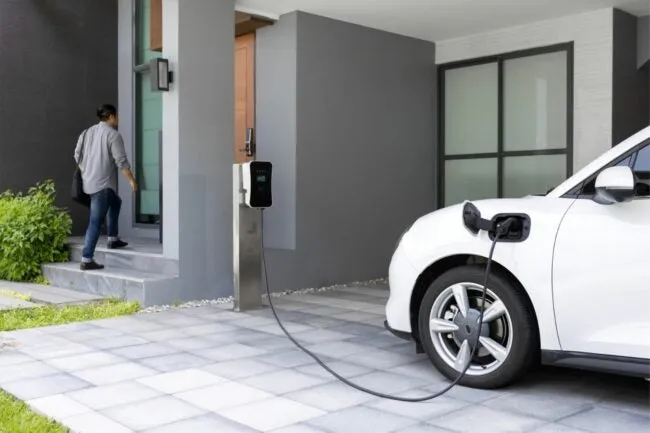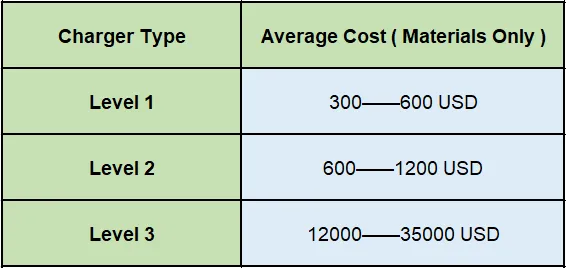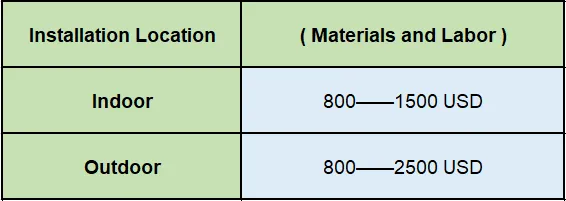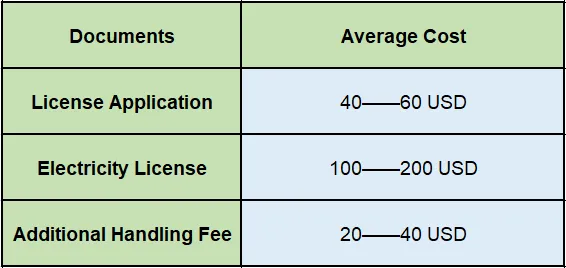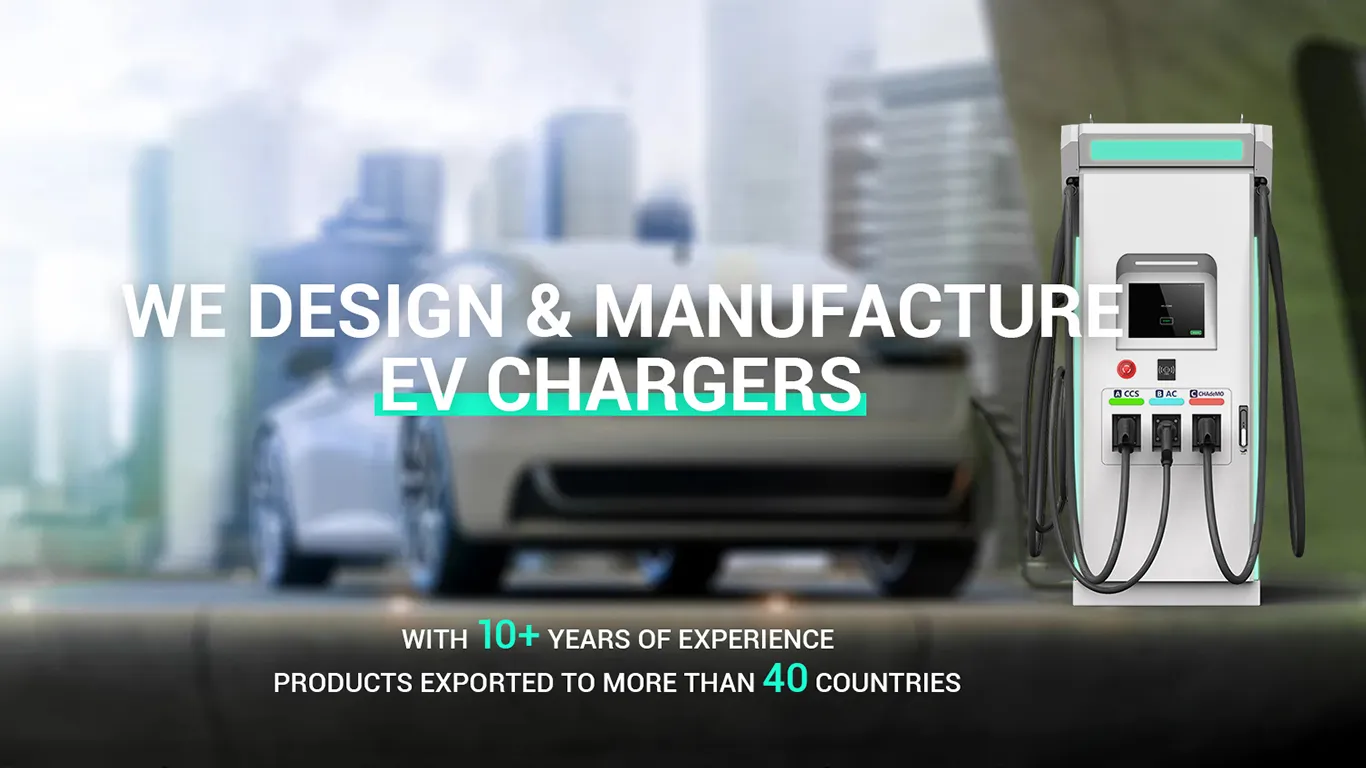How Much Does It Cost to Install an EV Charger at Home?
While public EV charging stations are necessary and welcome, most EV owners agree that nothing beats the convenience of having a charging station at home.
It gives you peace of mind, because it is cost savings and faster charging. But how much does this convenience cost?
There are 3 main factors that affect cost:
1. Charger Type
2. Installation Location
3. License Costs
Charger Type
There are 3 levels of car charging stations.
——Level 1(L1):
L1 chargers are free with the purchase of an electric car, but some drivers purchase spare or replacement L1 chargers. These chargers plug directly into any 120V outlet. While they’re simple to set up, they charge slowly and may not be enough for a day’s worth of driving.
——Level 2(L2):
L2 chargers are the most common among EV owners. They are affordable and have faster battery charging. Most models can be fully charged in just a few hours. However, they require a 240V outlet, so homes often require electrical modifications to this charger type.
——Level 3(L3):
L3 chargers are designed for commercial use and can fully charge a battery in one hour. But most homes can’t accommodate such a large and powerful charger.
Installation Location
Pay attention to the installation location of EV charger.
Indoor locations are more protected from the elements. They are also less visible to passers-by, reducing the risk of vandalism. However, the indoor charging station limits parking options and takes up interior garage space.
The outdoor location allows for more flexible parking and keeps chargers and cables away from indoor living spaces. However, they need to be protected against weathering and theft.
License Costs
License pricing varies by location and application(home use or commercial).
EV charger installation requirements may include obtaining a permit to ensure the charging station is installed and operated in compliance with safety and building code regulations.
Homeowners may generally have to pay an additional $160 to $300 to obtain a permit, especially if installing a L2 station.
It is never recommended to install an EV charger without a permit. There may be fines or penalties and potential legal issues.
Installing a home charger is relatively cheap to install and comes with many benefits. Although the cost of installing different chargers will vary, most importantly, it is wise to install different chargers according to different environmental conditions and charging needs.
Contact us and we will provide you with the most suitable and economical charger.

